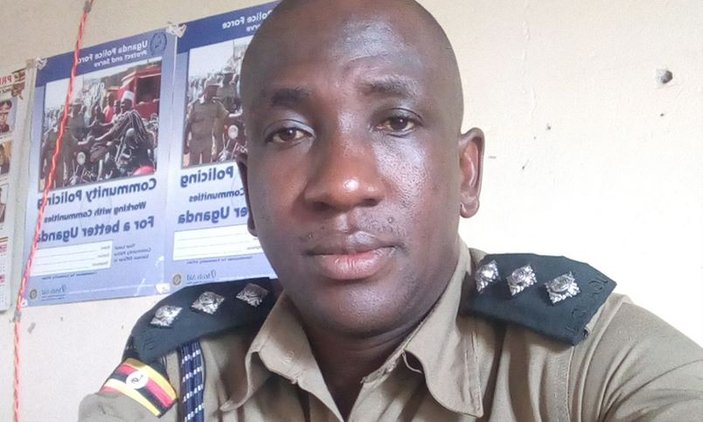Kenya’s Uhuru Kenyatta (in featured photo) is the most popular leader in Sub-Saharan Africa with 3.6 million likes on Facebook, ahead of Ghana’s President Nana Akufo-Addo with 1.6 million likes.
However, Indian Prime Minister Narendra Modi is by far the most popular world leader on Facebook with more than 43.5 million likes on his personal page and 13.7 million likes on his institutional Prime Minister of India page.
Also, according to the newly released “World Leaders on Facebook” study by Burson Cohn & Wolfe (BCW), US President Donald Trump is in second place with more than 23 million likes on his personal Facebook page.
Jordan’s Queen Rania is in the third position with 16.9 million likes, reaching an Arabic and English audience well beyond the 5.8 million Facebook users in Jordan.
At the same time, Brazil’s newly elected President Jair Bolsonaro takes the top spot as the most engaged leader on Facebook after his page registered more than 145 million interactions in the last one year, almost twice as many as President Donald Trump, who has 84 million total interactions and 2.5 times as many followers.
The study, using aggregate data from Facebook’s CrowdTangle tool, analyzes the activity of 962 Facebook pages of Heads of State and government and foreign ministers.
And as of March 1, 2019, it found the pages have a combined total of 345 million page likes having published a whopping 449,739 posts in the past 12 months and garnered a total of 767 million interactions represented by comments, likes, and shares.
Even so, the study finds, with Facebook’s change of algorithm to favour posts from friends, family, and groups, it has become more difficult for pages of governments and world leaders to reach their audiences.
“Followers of world leaders’ Facebook pages grew by 10 percent year on year but the interactions on their pages have dropped significantly’,” says BCW, adding that while world leaders registered 1.1 billion interactions in 2016, that number has decreased by 32.3 percent compared to their interactions in 2018.
However, to counter the challenges of the algorithm, BCW says many leaders are resorting to promoting their posts and pages with Facebook ads.
“BCW study finds that 50 leaders have paid to promote their posts including US President Donald Trump who has promoted more than 50,000 posts on Facebook since creating his page.”
And much recently, the firm said UK Prime Minister Theresa May’s page posted 74 paid ads in December 2018 to promote her Brexit plan.
“Our latest Twiplomacy study confirms that even among political figures who easily attract the attention of the public in social media, a paid strategy is still essential to secure reach and make a serious impact,” said it’s Chief Innovation Officer Chad Latz.
“Additionally, we see how some leaders are very successful by being personal and approachable on the platform using all the tools at their disposal, from Facebook Live to Facebook Stories, to engage their audiences,” he said.
In the process, Mr. Latz said the Facebook page of the government of Botswana is the most prolific, with an average of 37 posts per day.
Also, the presidential administrations of the Dominican Republic and of Ghana both average more than 20 posts per day.
“The page of the British Royal Family is the most followed of world leaders in the European Union with 4.1 million likes ahead of French President Emmanuel Macron with 2.3 million likes and Romanian President Klaus Iohannis with 1.8 million likes,” he said.
BCW (Burson Cohn & Wolfe) is one of the world’s largest full-service communications agencies.
Founded by the merger of Burson-Marsteller and Cohn & Wolfe, BCW delivers digital and data-driven content across its many channels in the B2B, consumer, corporate, crisis management, CSR, healthcare, public affairs, and technology sectors.
Its “World Leaders on Facebook” is BCW’s latest research into how world leaders, governments and international organizations communicate via social media.
The research builds on its highly acclaimed annual “Twiplomacy” study which is now in its seventh year.
-The Standard





